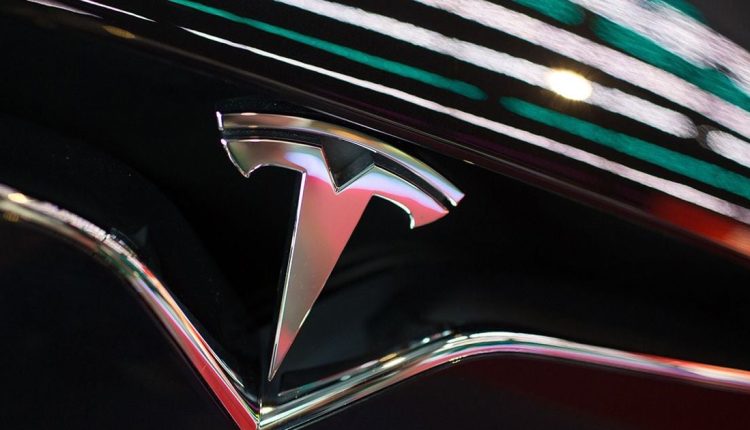Elon Musk surprised South Korea and Tesla watchers alike when he popped up last week on a video call with President Yoon Suk Yeol.
Yoon’s office released details of the chat, revealing Musk had said he considered the nation a top choice for investment.
Shares of battery-related companies like Samsung SDI and Posco jumped, even though Musk did not clearly say he actually wants to build a factory in the country.
Yoon, battling poor public opinion polls, was keen to make the pitch for why the Tesla CEO might want to consider South Korea, citing the country’s high-quality engineers and auto components makers, and stable supply of electricity. Analysts also were upbeat.
“It’s possible, because Tesla is already using a lot of parts made by Korean companies,” Koh Tae-bong, a Seoul-based analyst at HI Investment & Securities, said.
“There is no country like South Korea that has an almost full supply chain for EVs. We have a large chipmaker in Samsung Electronics, three battery-cell makers, cathode and anode materials makers, camera module makers and other smaller key component makers.”
Koh is not wrong. General Motors has its largest technical center outside the U.S. in South Korea and speaks highly of its engineers there.
The country has proven resilient throughout COVID, skirting large-scale lockdowns that have been common in China.
Musk probably would also like South Korea’s Foreign Investment Promotion Act, which provides cash incentives and tax benefits.
The South Korean public loves Tesla, too, as I witnessed during a trip to Jeju island in May to attend the International Electric Vehicle Expo.
Retail investors have bought into Tesla stock in a big way, with individuals in South Korea holding around $9 billion of shares, according to data from the Korea Securities Depository.
South Korea also fits right into Musk’s “ hardcore” working culture. It’s one of the hardest-working countries, logging more hours than the U.S. and any other Asian country in the OECD.
Just 4.4 percent of some 21 million people in the country are working from home, up from only 2 percent in 2020, the first year of the pandemic.
Flipside
On the flipside, there are reasons Musk might struggle in South Korea. There is the obvious geopolitical risk stemming from North Korea’s nuclear activities.
Strong labor laws also can manifest in frequent strikes by highly unionized workforces. There is one going on now, as it happens, by the truckers union that has clogged up ports and industrial complexes and hampered supply of key exports.
Musk’s opposition to unions is well-documented. He is a vocal critic of the United Auto Workers, and the National Relations Labor Board ruled last year that Tesla had repeatedly violated U.S. labor law.
“South Korea is known as having some of the strongest labor unions in the world,” said Choi Woongchul, a professor at Kookmin University in Seoul. “I would put the chance of a new Tesla gigafactory in Korea at zero.”
Musk might want to read up on Kaher Kazem, the former head of GM in South Korea, who now faces a potential jail term on charges of illegally hiring contract workers. Prosecutors are seeking a 1.5-year prison sentence for Kazem, who at one stage was banned from leaving the country.
HI Investment’s Koh had a thought about how a Tesla plant in South Korea might work: “Make it 100 percent automated.” Musk had better get busy on his humanoid robots.


